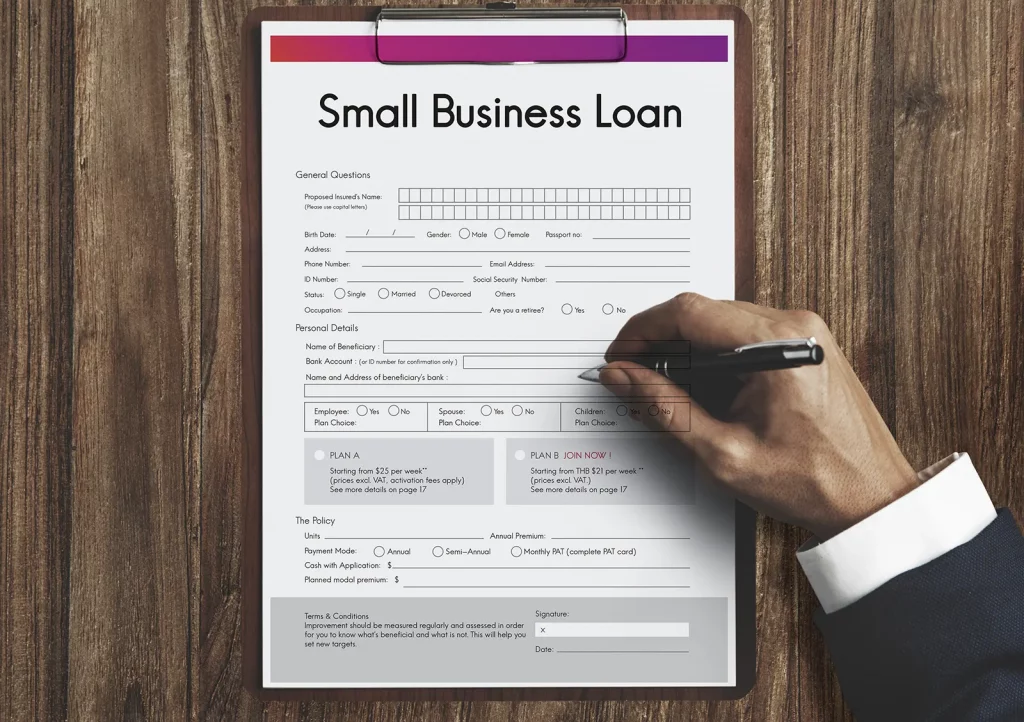What Loan Documents Need to Be Notarized?
A Notary Loan Signing Agent differs from a mobile Notary who does general notary work. The Notary Loan Signing Agent has specific expertise and certifications related to real estate transactions. Mobile Notaries work on many different types of documents whereas Notary Loan Signing Agents specifically handle home loan documents (or commercial mortgage documents).
A Notary Signing Agent must have background screening, meet compliance requirements for the companies that assign them loan packages, and most need to carry a specific dollar amount of Errors and Omissions Insurance.
As a Notary Public who does loan signings, knowing which documents require notarization is imperative. If not done correctly, the transaction could have legal or monetary consequences for all parties involved.
It is essential to review all loan documents before the signing appointment. Every loan package is different depending on the state and title company. Understanding the documents in front of you and reaching out beforehand with any questions will help you avoid errors at signing.
Notarize.com states that a loan signing agent certifies financial and legal documentation as they pertain to loans, and a notary is a public officer that is certified to confirm or witness the signing of documents. So, you may be wondering, what loan documents need to be notarized?

The most common loan documents requiring notarization are mortgage closings, refinance closings, reverse mortgage closings, and home equity loan closings. That does not mean you should not be prepared to handle other loan signing opportunities if they arise. Preparation is key to completing loan closings. What loan documents need to be notarized? Read more below.
Mortgage and Deed of Trust
In most loan transactions, the Mortgage and Deed of Trust are documents that must be notarized. Without notarization, the mortgage note and title cannot be recorded. You may come across a Subordination Agreement in your loan documents – this prioritizes loan position and must be notarized to demonstrate agreement. A Signature Affidavit and an Affidavit of Owner Occupancy are commonly found in your loan packets requiring notarization as they are written confirmation statements.
Loan Signings
Loan signings can be intimidating for both you and the client. Typically, you will be arriving with a voluminous loan package and presenting these pages to the borrower. While you may describe loan documents, you can not explain how these loan documents will affect the borrower. There is a fine line between what you can and cannot say.
However, you are expected to execute the notarization of the documents required, collect the other necessary signatures, and deliver/mail the completed loan package to the contracting company. You will find that borrowers commonly have questions you are not authorized to answer. If that is the case, you must reach out to the contracting company or have the client call their lender.

While you may not need the experience to become a Notary Signing Agent, it is definitely in your best interest to obtain training. Knowing how to properly perform loan signing is key to not making errors and ensuring your customer a smooth transaction. There are a variety of training methods you can seek out online.
Loan documents are important financial transactions. Selecting a Loan Signing Agent training program is your first step. You will become well-versed in all loan documents and learn how to complete them correctly. Double-check your loan package before leaving the closing. It is solely your responsibility to complete and return the correct loan package.
While loan signings can be intimidating, they are a great way to make a living as a Notary. And with the proper training, patience, and practice, they will become much easier over time as your confidence and expertise grow. If you asked yourself what loan documents need to be notarized, we hope you found this article helpful.
Did you enjoy this article? Are you new to the industry and looking to expand your business? Please check out our article on the Types of Notary Publics.

